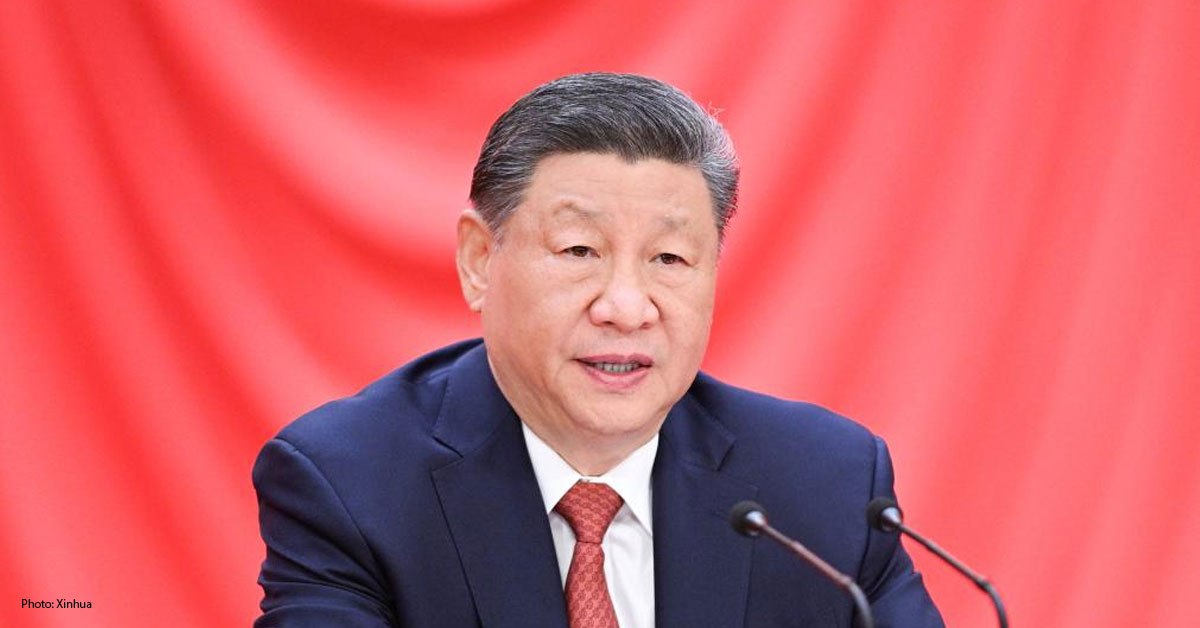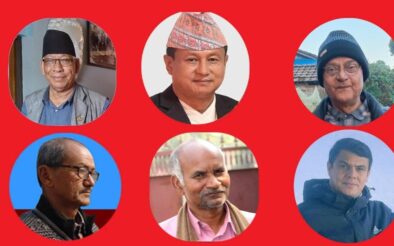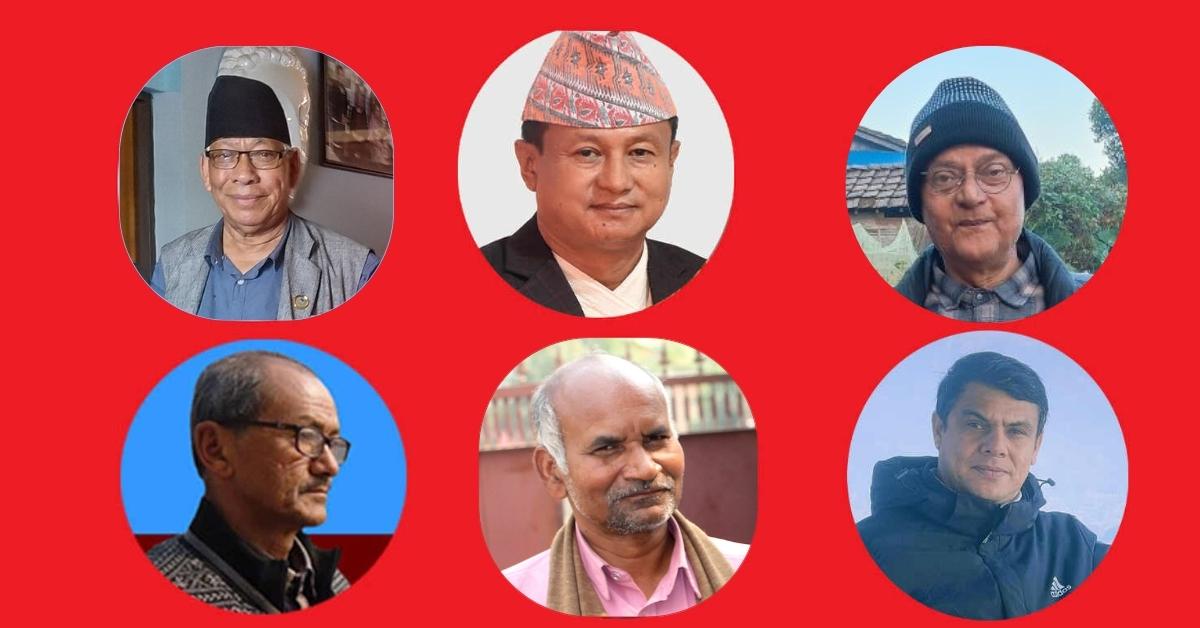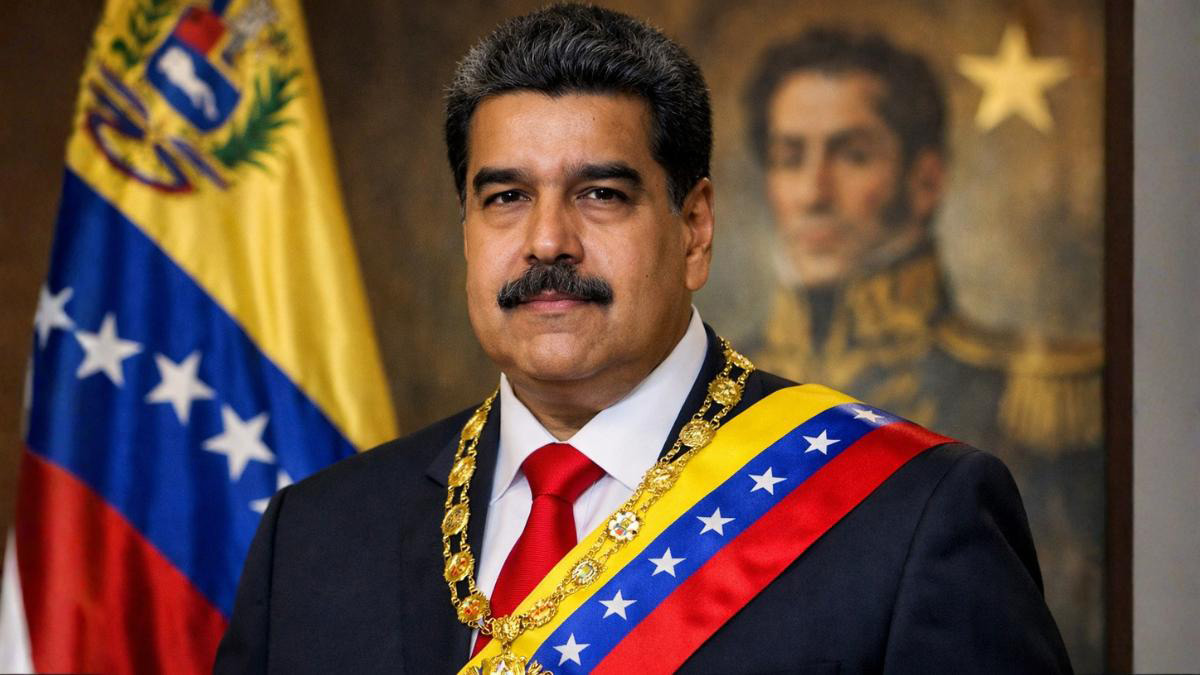Xi, also general secretary of the Communist Party of China Central Committee and chairman of the Central Military Commission, made the remarks in an instruction.
The online campaign lasted from May 20 to June 20 to seek public input for the 15th Five-Year Plan, gathering more than 3.11 million suggestions.
Xi said the campaign has seen active participation and wide coverage, serving as a vivid example of whole-process people’s democracy.
Noting that the public has put forward many valuable opinions and suggestions, Xi called on relevant departments to thoroughly study and integrate them into the plan.
He called on Party committees and governments at all levels to learn more about people’s lives, hear their views and gather their ideas extensively to meet their aspirations for a better life.
First launched in the 1950s, five-year plans serve as key strategic documents that guide China’s medium- and long-term development. They outline national goals, major tasks and policy directions across various sectors for each five-year period.
Whole-process people’s democracy in action
The process of soliciting netizens’ opinions has achieved a good result through collective brainstorming, Dong Yu, executive vice dean of the China Institute for Development Planning at Tsinghua University, also one of the participants in the formulation of several recent five-year plans, told the Global Times. He said the process of drafting the plan is also one of listening to voices from all sides. The combination of top-level design and consulting the public has become one of the most distinctive features of the five-year planning process.
In 2020, China started soliciting public opinion for formulating the 14th Five-Year Plan (2021-2025), and was the first time for China to collect opinions and suggestions from the society online for the making of the Five-Year Plan, according to People’s Daily.
The process in 2020 ran from August 16 to 29, during which the general public actively participated, leaving over 1 million comments, from which relevant authorities compiled more than 1,000 suggestions.
This year, the consultation process started even earlier in order to gather as many opinions as possible. Once the outline drafting stage begins, various methods are used to solicit feedback, ensuring that the public’s expectations and collective wisdom are incorporated into the 15th Five-Year Plan, Dong explained.
The Party has consistently balanced short-term and long-term economic planning, even when confronted with the immediate challenge of stabilizing growth, it has never lost sight of long-term strategy, said Dong.
After the channel was opened this year, opinions from netizens poured in. For example, a netizen from Jiangxi Province advised to speed up and improve the legislation to keep pace with emerging economic models; another from Hunan Province suggested creating an interprovincial childbirth support mechanism and establishing “special accounts for migratory families,” media reported.
Su Wei, a professor at the Party School of the CPC Chongqing Municipal Committee, told the Global Times that in recent years the internet has helped reshape democratic participation, and has allowed the voices and concerns of ordinary people to reach the nation’s leadership. This process of involving public’s opinion in the country’s top-level design offers a vivid example of whole-process people’s democracy in action.
Collective effort
While the online public consultation lasted from May 20 to June 20, opinions are also collected through other channels.
In July, China’s top economic planner held a symposium with business representatives to solicit opinions and suggestions on the collaborative development of state-owned and private enterprises for the upcoming 15th Five-Year Plan.
Zheng Shanjie, head of the National Development and Reform Commission (NDRC), chaired the symposium and engaged in in-depth discussions with participating business leaders.
Zheng also promised to maintain and improve regular communication channels with businesses and provide full support to private enterprises in resolving practical difficulties, promoting their healthy and high-quality development.
Several cities, such as Beijing and Shanghai, also established expert advisory committees to include experts’ opinion into the 15th Five-Year Plan. For example, Shanghai’s municipal Party committee and government have held several expert seminars and will continue to seek expert input throughout the drafting process, according to a news outlet affiliated with the NDRC.
Zhejiang has publicly invited research institutions to undertake 22 major preliminary research projects that help to shape the province’s development during the 15th Five-Year Plan period and beyond, said the report.
For example, one project aims to study Zhejiang’s economic and social achievements as well as its shortcomings, analyzing the domestic and international development environment, examining the province’s current stage of economic and social development, identifying deep-rooted contradictions and structural challenges, and highlighting the most pressing weaknesses constraining progress at this stage.
In planning economic and social development for the next five years, it is necessary to adapt to changing situations and grasp strategic priorities, said Xi at a symposium on China’s economic and social development in the 15th Five-Year Plan period in April.
“We must unswervingly manage our own affairs well, and stay committed to expanding high-standard opening up,” Xi told the symposium, stressing promoting high-quality development on all fronts.
Compared with the 14th Five-Year Plan period, the most significant change in drafting the 15th Five-Year Plan lies in the changing international environment, where the international order is transforming, said Dong, noting that geopolitical conflicts and security risks are expected to rise.
(Source: Global Times)











